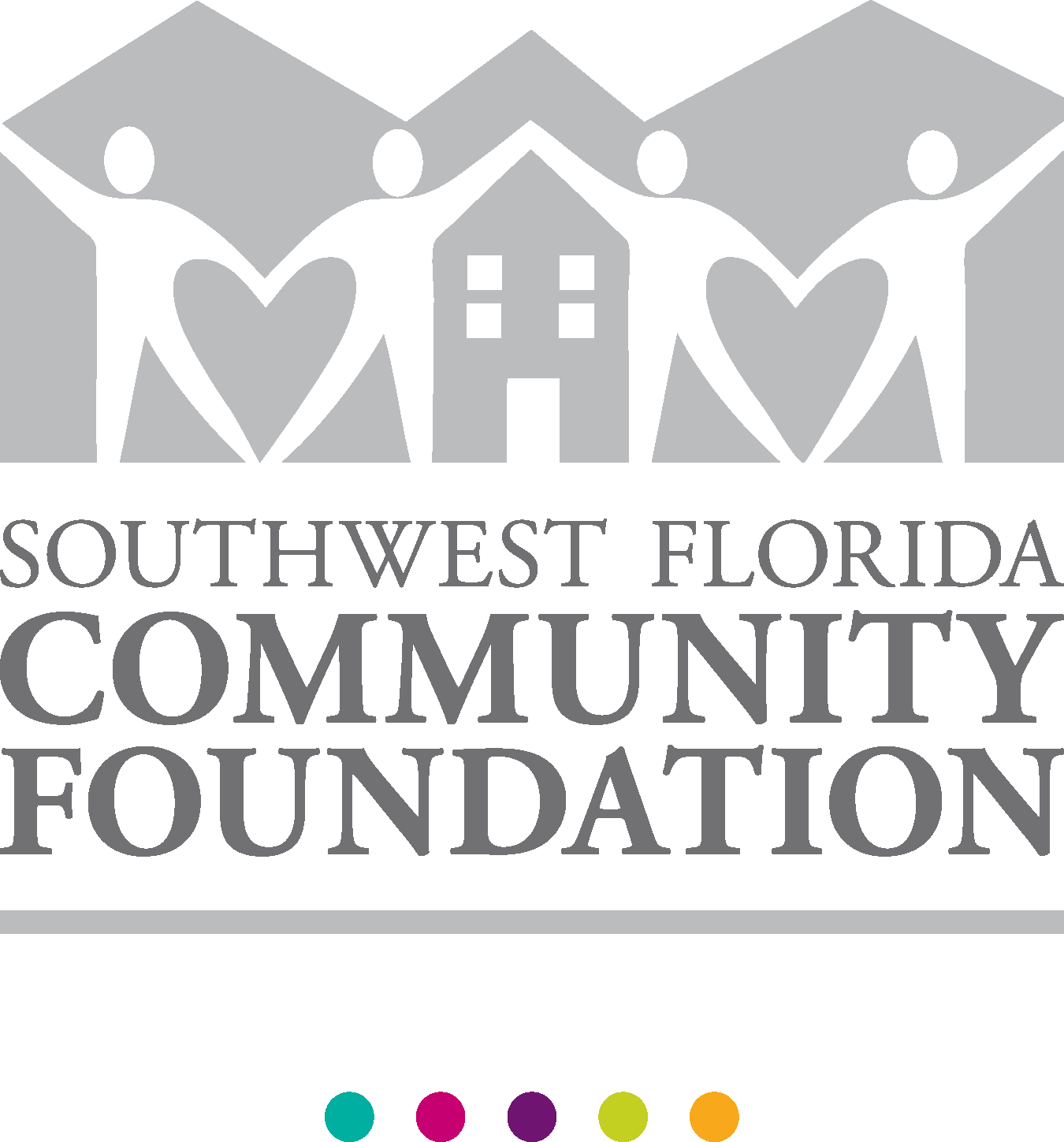If I’m going to use this blog for its intended purpose, then I’d better get right to work on a core, perhaps the core, issue that lurks, quietly but dangerously, waiting to sabotage our best efforts to achieve improved organizational outcomes through improved workforce performance. The villain of this piece is the sloppy, inconsistent, ill-defined and rampant misuse of terminology.
The English major/natural science minor within me screams every time I hear/read someone who fails to use the subjunctive properly. But my psyche screams even louder when colleagues who should know better use talent management or SaaS to describe whatever ill-conceived idea or product they’ve got on offer this week.
But where to start? The colloquial vocabulary for many to most of the important concepts at the intersection of human resource management (HRM) and information technology (IT) is so imprecise that I could make myself and you totally crazy trying to unravel that muddle. No entirely sane person is going to read the 3,000+ pages it has taken me to do so in my magnum opus, although some of you — and you know who you are — have already done/are doing this.
Perhaps the best place to start, as always, is with the results we’re trying to achieve, working backwards from there to figure what must get done, how, when and by whom, in order to achieve those results. In my professional life, the results we’re trying to achieve are specific organizational outcomes through improved human resource management (HRM). But what is HRM?
HRM is a business domain, a collection of processes and business rules whose purpose is to help ensure long-term business and organizational success. HRM is about planning for, organizing, acquiring, deploying, assessing, rewarding, leading, coaching, supporting, informing, equipping, retaining, and developing a high performance, cost-effective workforce. It is also about nurturing the growth, usage and value of the organization’s intellectual capital and personal networks.
What a mouth full, and there’s more. HRM isn’t just the work of a central/local/3rd party HR department. While an HR department and HR professionals may still control the strategy and design of HRM, HRM execution is increasingly in the hands of managers and leaders at every level and the increasingly technology-enabled, self-sufficient workforce.
The bottom line? The purpose — the expected organizational results — of HRM are to maximize the performance of the organization’s workforce and the leverage from its intellectual capital and personal networks toward achieving the organization’s stated business outcomes. If we could get all of the organization’s work done and results achieved without any workforce, we wouldn’t need HRM. But we can’t, so we do.






[…] for many to most of the important concepts at the intersection of the domain (formerly known as?) human resource management (HRM) and the domain (still widely known as!) information technology (IT) is so imprecise that I could […]
Thank you all so much for your comments and for your welcome of me to the blogosphere. This has been a much longer time coming than we anticipated, and now that I’m launched I’m making myself crazy trying to deliver my best possible work on a much more frequent and deeper basis than was expected in a monthly column. So many ideas in your comments for future posts, and those ideas are appreciated. We are also planning a much more complete approach to comments, to include threads, updates, editting, etc., so please bear with me as we plan for release 1.1 of the underlying blog technology.
Naomi,
Congratulations and imagine…still married:) You are such an inspiration the way the two of you work together! I do promise to read, comment, and apologize for not doing so so far. Your thinking provokes me in so many ways, with the first area being your thoughts about SaaS SOR being better than ERP-based SOR (my interpretation, not your words). I don’t agree on that at all! But I absolutely agree that the only reason to do ANY HR technology is to affect organizational performance.
Naomi, congratulations and good luck with your blog.
I paid particular notice to your definition of HRM. Specifically, I am struck by the import of the sentence, “It is also about nurturing the growth, usage and value of the organization’s intellectual capital and personal networks.”
Five years ago we probably wouldn’t have even considered personal networks as part of our HRM lexicon. I wonder, in five years from now, if this sentence will remove the word “also” and read, “It is about nurturing the growth, usage and value of the organization’s intellectual capital and personal networks…”, thus redefining the core definition of HRM.
One may argue that intellectual capital and personal networks will continue to shape business process and the workplace, and will correspendingly drive (redefine?) all other HRM processes you mention. Huge implications here. In fact, in many ways we’re already there.
Interesting. We’ll see in five years (or less).
One of the interesting points made at the HRevolution was the discussion of the tension that affects many HR departments trying to straddle some unseen fence between advocating for the ‘company’ or the ’employees’, as if these were really two different constructs. They aren’t of course, or at least should not be, and if you believe that is true, then you have to also agree with your assertion that HRM is everyone’s job. I think you are spot-on with this. Great post, Naomi and I am so glad you are blogging. Best wishes for success.
Nice post Naomi. Three things come to mind:
1. I’ve always been uncertain of the purpose of HR, but the promise of HR is to get the best out of your people. 🙂
2. In the “Knowledge Economy” the most constrained resource is talented people. The companies that develop the best processes and tools for attracting, managing and retaining their people, will prevail… not wanting to mention Darwin but… well you’d expect evolution to favour the business which are best at HRM.
3. I know I’ve said it before but I find the messaging in our space feels deliberately confusing. I walk around tradeshows and struggle to work out what 70% of the vendors are actually selling.
Raul, unfortunately, we are resources when viewed in the context of using all of an organization’s resources wisely to achieve the needed business outcomes. The good news is that Ron and I will be in Spain next summer — details to follow via email — and I will look forward to adding Sangria to this discussion.
Mazel Tov. Imagine a new baby at your age! Though not as weighty, Bryon Abramowitz has a post on product names and acronyms that you should look at http://thehrtechnologist.blogspot.com/2009/11/abcs-of-hr-technology.html
Let me be provocative. There is no need for Human Resource Management. There are no Human Resources. We are not resources. We are people. So, I would definetely see the need for People Management, although I know this term is being used in a different way.
Bravo! We spent much time debating the future this weekend. You have provided a great framework for future discussion.